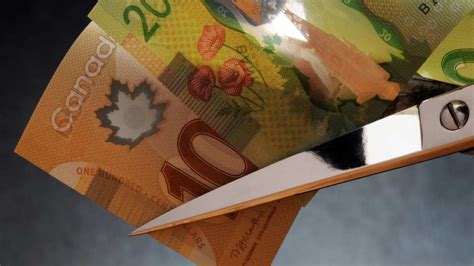
Cannabis Inflation – Cannabis News, Lifestyle
In recent weeks, energy prices have exploded thanks to several factors. The Russian invasion of Ukraine, the anti-pipeline and anti-development ideology of Trudeau’s federal government. And the tremendous amount of money printing that took place during the pandemic. Supply chain disruptions and too many dollars chasing too few goods have led to this problem.
So far, cannabis has remained unscathed. Or so it seems.
Legal American states are reporting cannabis prices either the same as or cheaper than this time last year. The same is true in Canada, where demand is threatening to outstrip supply. In the early days after legalization, this was the norm. Then, as supply caught up to meet demand, prices fell to market equilibrium. This lasted for a few years, and even longer in places with severe government barriers. But overall, the cannabis market appears to be stabilizing.
Another factor that likely contributed was the legacy market. It’s no secret that every level of government in Canada is trying to eradicate the underground market. If legal cannabis is always priced higher than “street vendors”, this will not happen. Therefore, other factors can be overwhelming inflation signals.
What would cause cannabis prices to rise?
Legal novelty aside, there’s nothing special about cannabis in business. Like food, you can grow your own. Unlike other commodities, cannabis cannot fall victim to “shrinkflation”. Where the price stays the same but the item in question is smaller (think cereal or chips or portion sizes in restaurants). The backlog in the supply chain impacted cannabis. With parts for vape pens and flashlights stuck on cargo ships off the Pacific coast.
The cannabis industry’s higher costs are more likely to eat into margins. Instead of passing the cost on to consumers who have easy access to the legacy market, retailers bear the cost themselves. Or, in places with state monopolies like Quebec, the cost is borne by taxpayers. The question is how long will business owners and bureaucrats endure these costs?
In the meantime, cannabis growers can cut costs by reducing the fat. Canceling expansion plans will help cushion the blow from a sustained state of artificially low interest rates. And by focusing on their best-selling products, rather than variety and R&D, manufacturers and retailers can limit their uncertainties.
Because inflation is more than just higher prices.
Consider how complex the cannabis industry is, and this is one of many. There are multi-step processes that occur over time, using different capital goods and labor inputs at different points in time. From cultivation and harvest to processing and packaging. The success of a cannabis company means aligning these resources in the right place at the right time.
Interest is the price of time.
That is why prices and interest rates are important. A market rate of interest reconciles the myriad preferences of consumers with the plans of entrepreneurs. When the central bank changes interest rates (lowering them through the expansion of the money supply), it clouds this coordination between consumers and entrepreneurs.
First, there is more money in the economy, so there is a boom period where producers start projects and consumers increase their consumption. Everything is based on an expectation of a future state of supply and demand. But that’s a false expectation because interest rates haven’t fallen naturally. There are no new savings in the economy. There is no additional capital lying around. Workers are tied to specific jobs and cannot easily move from one sector to the next.
In essence, the central bank guarantees a future crash by mandating lower interest rates when the market isn’t ready. They’re causing a recession. This becomes evident over time as rising prices and product shortages and supply chain issues become the norm. Like right now. Except that in the real world, the central bank never takes responsibility. And politicians who believe a central bank should remain “independent” never criticize them. Instead, foreign actors or “greedy” capitalists take the blame. In reality, the problem lies with the central bank. An unelected, unaccountable, secretive institution that has no place in a free society.

Post a comment: